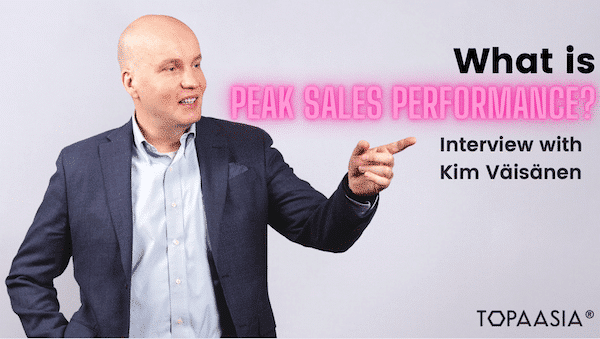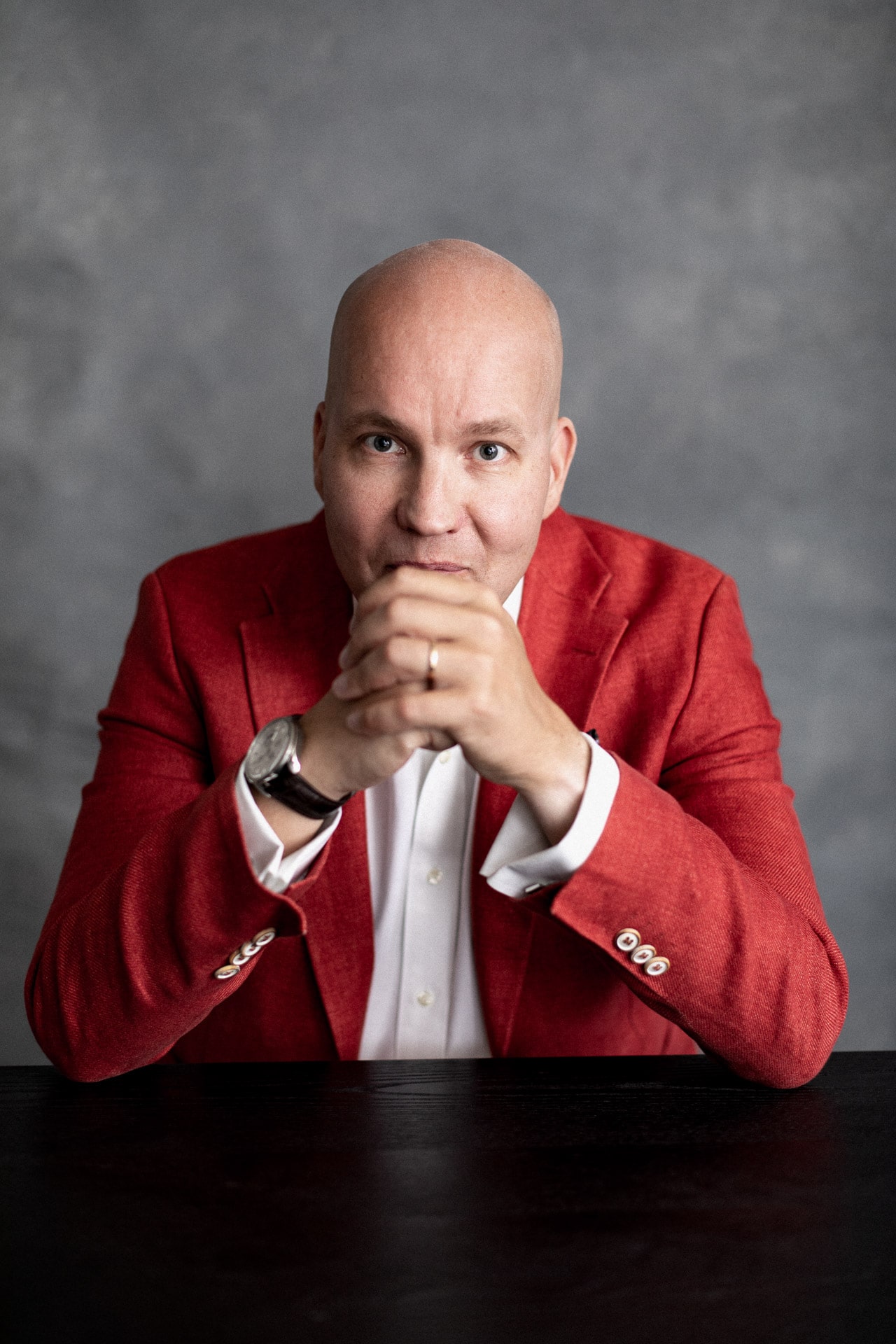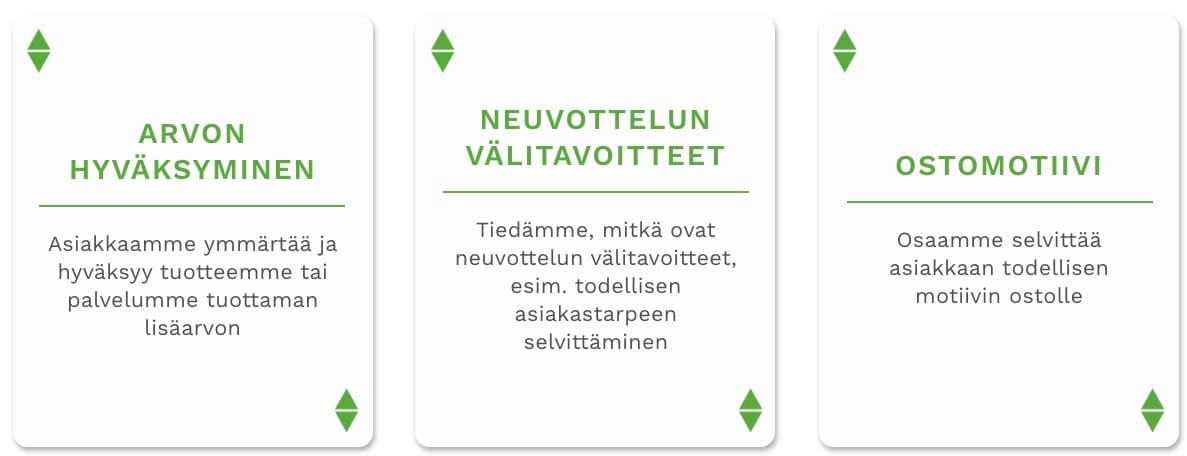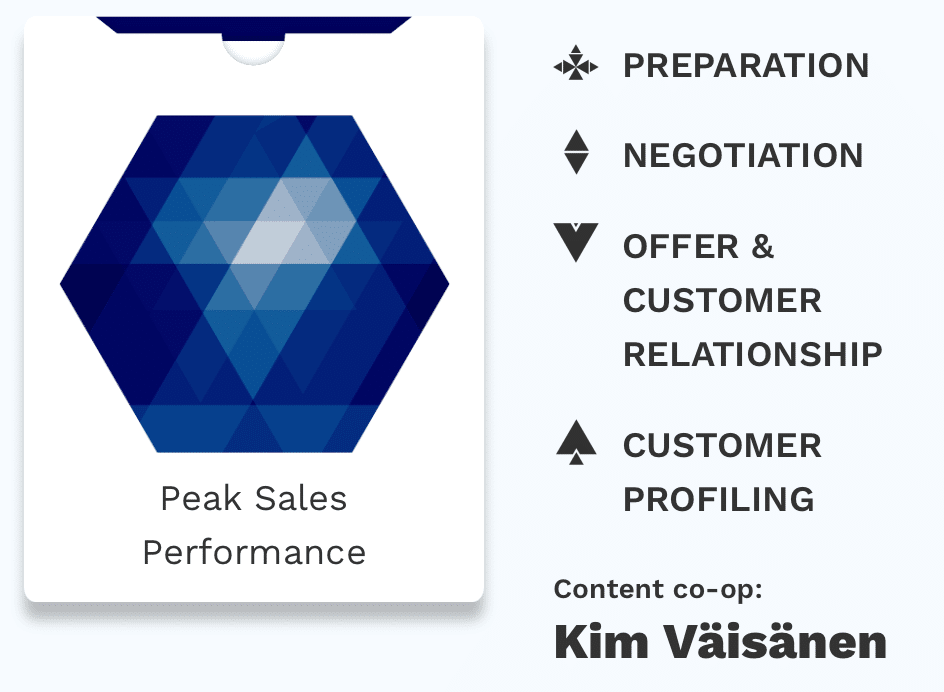What is peak sales performance like? In an interview with Kim Väisänen

In this interview, angel investor, entrepreneur and non-fiction writer Kim Väisänen shares his thoughts on peak sales performance. Kim is writing a book on top sales performers, for which he interviewed several top salespeople from different industries.
Based on Kim’s findings and research, we made a new Topaasia: Peak Sales Performance deck Welcome aboard!
How do you define sales?
I am currently writing a book on peak sales performers and have asked all interviewees what they think selling really is. Everyone responds that sales is an understanding of the customer’s need, an understanding of the customer’s problem to which suitable services, solutions and added value can then be found in their own offering. Admittedly, one salesperson said the sales is selling himself and because of this he is very tired in the evenings.
Today, I understand how professional and process-oriented top sales is. It’s not “art meets science,” but top selling has very process-like features overall.
How did you originally end up in sales?
Every founder of a company is faced with sales because when there are no customers, someone has to sell the imaginary added value the company has created. That’s how I ended up with sales.

photo: kasvu open / Matias Ulfves
Why do you think sales is important and interesting?
The importance of selling is seen when you look around at home, in the city, or anywhere really: everything someone has done has been sold to someone. When we sit in this office room, there is a glass wall here – someone has sold that glass to an architect or builder, for example. The same goes for those wooden window sills that come from a completely different company than that glass.
The exciting thing is that everything in the world is somehow linked to sales. If Harri is with Tiina or Peter with Timothy, either or both parties have managed to sell themselves to each other as a life partner, partner, or lover.
What is your seller profile like?
From traditional salesman roles: challenger, Lonely Wolf, etc. – I myself am, above all, a relationship builder. I hope I haven’t promised too much and kept what I’ve promised. This has created customer relationships that, for example, lasted my entire entrepreneurial career and did not change anywhere along the way.
What have been your weaknesses as a seller?
My own weakness has been laziness, i.e. the number of contacts and the effectiveness of follow-up. These have been generally my weaknesses. I’m too ADHD to have done these things with discipline. On the other hand, there have been results with my way of doing, but the results could have been better.
Do you consider yourself a peak sales performer?
I do not.

What is the difference between peak sales performance and normal sales?
Results. For example, if a basic business gift seller sells pens, textiles and other promotional products for € 300,000 – € 500,000, there is a top salesperson in my book who sells these for € 2.5 million. So this guy sells eight times more. In the end, the scoreboard shows who is Timo Jutila and who is Wayne Gretzky.
There is also a guy in the book who is a very good telemarketer. He said anyone can make a good result in telemarketing in one month by crunching and doing all the gimmicks. The peaks make a good result from month to month and year to year. He didn’t have a single day in 1.5 years when he wouldn’t have made a sale. Here we come to the point that job must be done – he just has the attitude that now there is such a good streak that I will not shut down the machine until the deal closes, even if it is small and nominal. Every day.
Imagine you are selling insurance policies over the phone and picking up the phone 100 times a day when there are no pre-arranged meetings. When you make 100 calls that you can reach approx 30 people. it’s a huge amount of calls, but this is exactly the basic work and doing it well.
All peak salespeople have the advantage of being able to build trust in a customer prospect better than those who are not top performers. After all, selling is basically about gaining trust.

Sample cards from the Peak Sales Performace deck
What do peak salespeople do better in building or achieving trust?
I’m pretty sure they are able able to listen and ask the right questions. Trust is a verbal and nonverbal interaction and they do it in a way that creates trust. No one sells anything without trust.
It is important to understand that there can be no success in hockey by imitating Wayne Gretzky, but success must be made from one’s own starting point, in a way that suits one’s own personality. Personally, I’ve learned that sales can be made in so many different ways – different routes can lead to the same outcome, there is no single right route but each route requires trust.
What fundamental assumption have you changed about peak salespeople when you made this book?
One is that with a peak salespeople, the level of basic doing stays good from day to day, month to month, and year to year. That is, the top salesman does the basics better than the others.
The book contains Liisa, 61, from Mikkeli, who has sold 101 properties in the last 12 months – 101 properties in Mikkeli in 12 months is a completely insane amount! Liisa said she doesn’t do any circus tricks and when she gets an item for sale that others haven’t sold, she goes to the scene and asks her basic question. In that case, the person selling the apartment might say “the previous seller didn’t ask me such questions, is this some extra service?”. Not extra, she just does her basic job better than the others.

The Peak Sales Performance deck has four different themes, each with 13 cards.
What do you want to say about Peak sales or sales in general?
You are not born a peak seller, you are raised to be a peak seller through doing and especially disciplined doing. None of the top vendors I interviewed seemed to be people who are “happy improvisers who improvise themselves to results”. A good telemarketer will take the phone in his hand and start calling and if there is no sales the phone will be called for so long that the day’s sale will come. The same guy who has been trading every day for the last 1.5 years said “yes it feels good to squeeze the monthly target into the pile in the last quarter of the month”. As another example, Gigantti’s best floor salesman said, “if someone leaves his sales situation, I know no one else can serve in the same store better than I do – if that person doesn’t buy from me, he won’t buy from anyone else”.
How about Good Ol’ sales alphabet, ABC?
I’ve asked top performers “what are the best closing techniques?”, which made them look head tilted in the style of “you know nothing about selling”.
Sales is a process where sellers build trust at personal and at the company level and find out the customer’s needs and how they can be served. There’s no way that everything else in the sales process can go wrong and then Pena pulls an ace from his sleeve and comes up with an amazing closing technique trick. For example, if the sales process is five-step and at each step, the customer says “no,” there is no magic sixth step to “closing” and then pulling an ace up the sleeve.

Who has what it takes to be a peak sales performer?
You will not become a peak sales performer if the sales job is completely disgusting to you. All of the top salespeople I interviewed have a fire for the industry and are very competitive, the downside of that is there have been many burn-outs.
There have been situations where the boss has come to say “Now you Tiina go to occupational health care first and after occupational health care you stay on so-called on compulsory leave ”, to which Tiina says“ Could that work next Tuesday at 2 pm, I’m a little too busy right now ”. In these situations, a good supervisor throws the person out of the workplace and forcibly directs them to occupational health care after which the person goes to rest, recover and think about what went wrong.
This is a bit like claiming that a light bulb lights up the brightest before it pops up and for many of my interviews it has happened that way. And some have learned.

Sample cards from the Peak Sales Performance deck
Why was the Peak Sales Performance deck made?
Everyone who is in sales should have access to the source of information that distinguishes a good salesperson from a top salesperson.
The deck was built under four themes – why these four suites?
The deck consists of four suites: Customer profiling – Preparation – Negotiation – Offering and customer relationship
These seemed right in the process. Someone might say there are six or eight of these, someone that two. The finality of the names of the countries remains a mystery.
For what situations and for whom is the deck intended?
You could prepare for any customer encounter with this deck and it is good to keep in mind that there are different methods for different situations in the deck. For example, how to maintain a customer relationship – it may be good to play a little and notice that eight of these thirteen cards are neglected.

